Daphne Caruana Galizia: The key figures in Malta’s crisis over her murder
From BBC
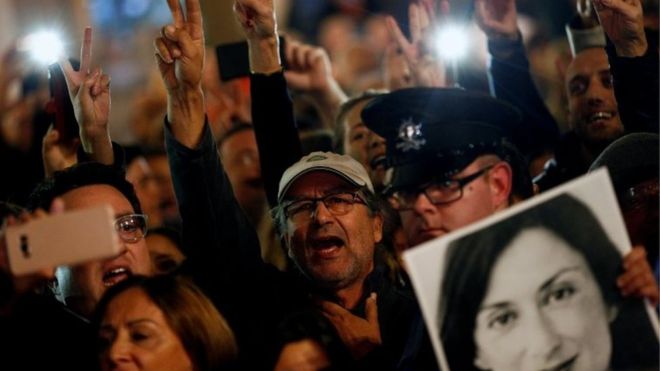
An investigation into the murder of a journalist is mounting unprecedented pressure on Malta’s government.
Daphne Caruana Galizia relentlessly investigated corruption, which she alleged ran deep into her country’s politics, before she was killed by a car bomb close to her home in October 2017.
Three people are awaiting trial for her murder but questions remain over who ordered her death.
Investigations have intensified in recent days after an alleged middleman to the murder was given a presidential pardon in exchange for evidence and a high-profile businessmen was dramatically detained onboard his luxury yacht.
As the police probe continues, a number of government officials have resignedover their links to the unravelling scandal over Caruana Galizia’s death.
The fast-moving chain of events sparked street protests and chaotic scenes in parliament this week.
Here is a guide to the key figures involved.
The victim
Caruana Galizia was described after her death as one of Malta’s most important, visible and fearless journalists.
She ran a popular blog, Running Commentary, which investigated allegations of corruption and other criminal wrongdoing which she alleged ran into the highest levels of government.
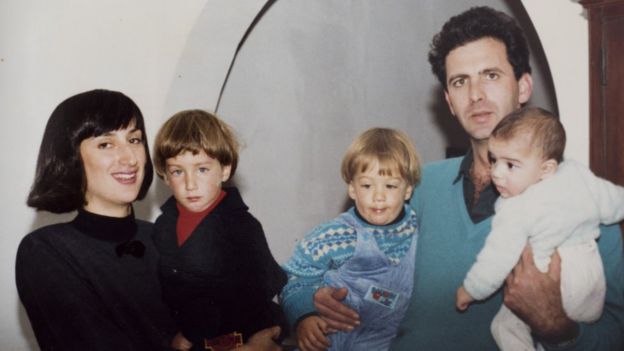

Before her death, she had reported on allegations relating to the Panama Papers and senior politicians.
Her murder – bearing the hallmarks of a contract killing – shocked not only Maltese society but also members of the international community who have criticised Malta’s handling of the investigation.
Caruana Galizia’s family have led the calls for justice, including pushing for a public inquiry.
They have also revealed that they suffered years of intimidation, including the murder of three pet dogs, because of her reporting.
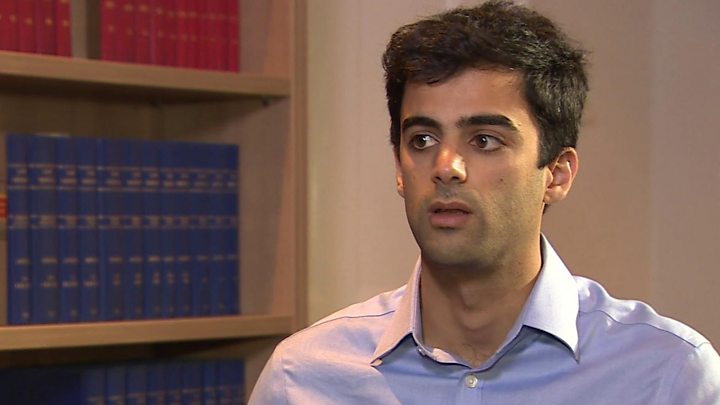

The suspects
Three suspects are awaiting trial for the killing, but no-one has been charged with ordering it.
Brothers George and Alfred Degiorgio and their friend, Vincent Muscat, were arrested soon after the murder on suspicion of planting and triggering the device.
They were charged with voluntary homicide, possession and detonation of an explosive, and forming part of a criminal organisation.
All three men pleaded not guilty at a pre-trial hearing.
The “middleman”
Melvin Theuma, a taxi driver with links to criminal enterprises, has been described in local media as a potential “middleman” in the murder.
He was arrested earlier in November in connection with a separate anti-money laundering investigation but has offered police information about the 2017 murder in exchange for immunity from prosecution.
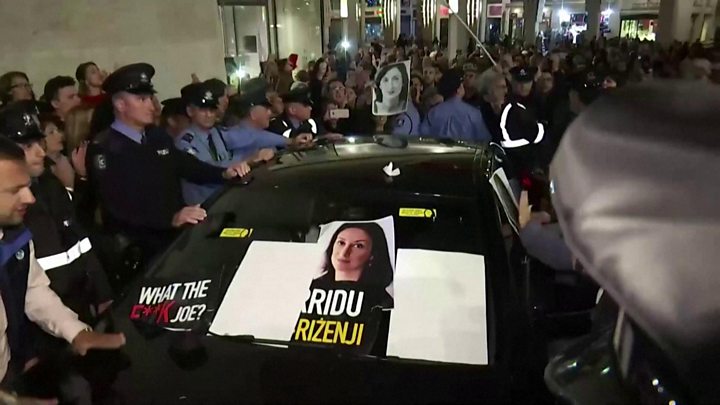

He was recommended for a pardon by Prime Minister Joseph Muscat, who previously said one would only be offered if the evidence could be corroborated and would stand up in court.
Maltese media reported that he allegedly had evidence, including audio recordings, to support his claims.
A flurry of developments in the investigation, and the related government scandal, have happened since.
The businessman
Just one day after news of Theuma’s potential pardon broke, on 20 November, prominent businessman Yorgen Fenech was arrested by police. He was detained by armed officers after his yacht was intercepted and searched.
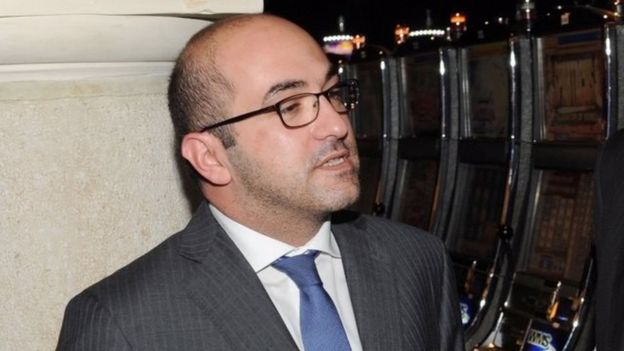

Mr Fenech is a well-known figure in Malta who served as head of the Tumas business group and a director of energy company Electrogas. He recently resigned from both positions.
He was identified last year as being the owner of a mysterious Dubai-registered company, 17 Black, listed in the Panama Papers – a massive leak of documents from an offshore law firm in 2016.
Caruana Galizia wrote about 17 Black eight months before her death, alleging it had links to senior government figures.
Maltese media allege Mr Fenech was familiar with Theuma, the alleged middleman, because he reportedly worked as a taxi driver at his apartment building.
Mr Fenech, who has not commented since his initial arrest, has been taken into custody for a fourth time while officials use another 48-hour period to consider charges against him. Reports say he has sought immunity in exchange for co-operation.
The Reuters news agency reported on Tuesday that Mr Fenech had offered police information that could “bring the house down” with details of alleged corruption and complicity of senior figures in exchange for a pardon.
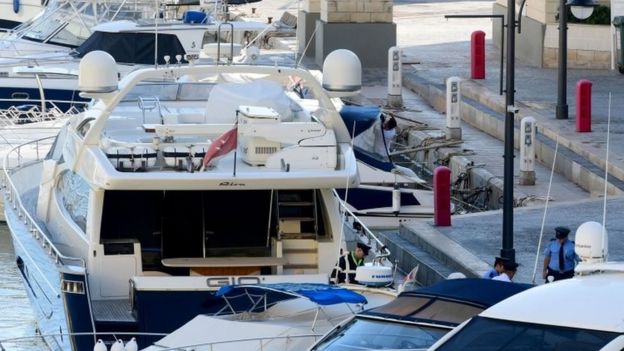

The government officials
The developing scandal has led to a series of resignations.
Tourism Minister Konrad Mizzi quit, while the Economy Minister, Chris Cardona, suspended himself.
The chief of staff to the prime minister, Keith Schembri – who was the subject of Caruana Galizia’s last blog post before her death – has also quit his role after being questioned by police.
Mr Schembri was previously named in the Panama Papers. Caruana Galizia alleged that he and Mr Mizzi had benefited from secretive “shell companies”.
Mr Mizzi did initially leave the government after the reports but he was later given the tourism brief.
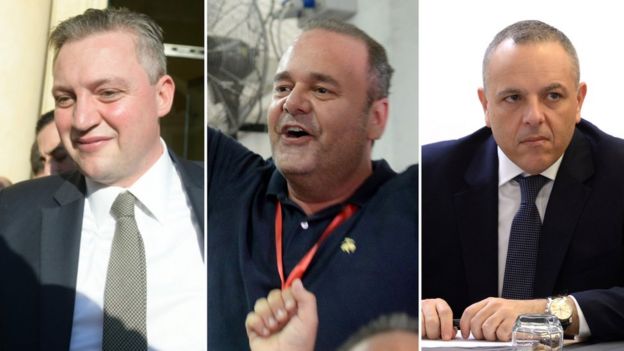

Although Mr Cardona was not named in the papers, he was recently approached by police for “further clarifications” and said he was stepping aside as economy minister in the national interest.
All three men deny wrongdoing.
Their resignations came as protesters and opposition politicians compared the government to the “mafia” and called for justice.
The prime minister
Joseph Muscat, head of the Labour Party, has been prime minister since 2013.
The resignations of government figures close to him has come as pressure mounts on him to act. He insists that no-one will be exempt from justice in the investigation.
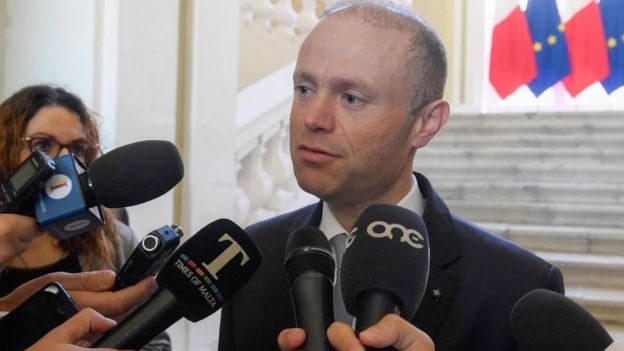

“What is happening now, and what happened last week is an operation that is hopefully solving the Daphne Caruana Galizia murder,” Mr Muscat said on Tuesday. “Whatever people might say, there is no impunity in this country.”
However, he is still facing criticism and calls to resign – including from the murdered journalist’s son.
“Muscat, who spent three years taking full responsibility for Schembri, must leave right now,” Matthew Caruana Galizia wrote on Twitter.
“He simply cannot be trusted to not obstruct justice. He has done so for too long.”





